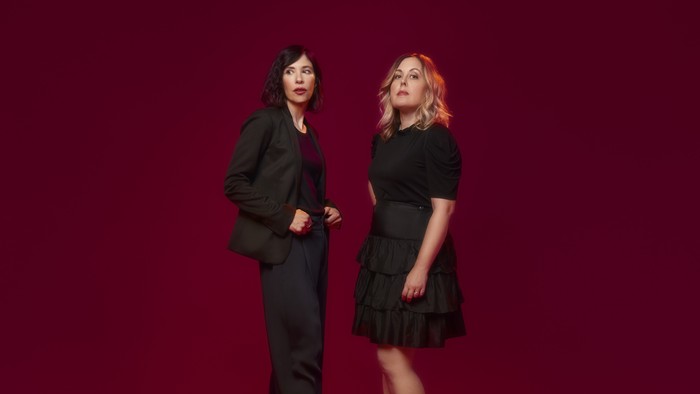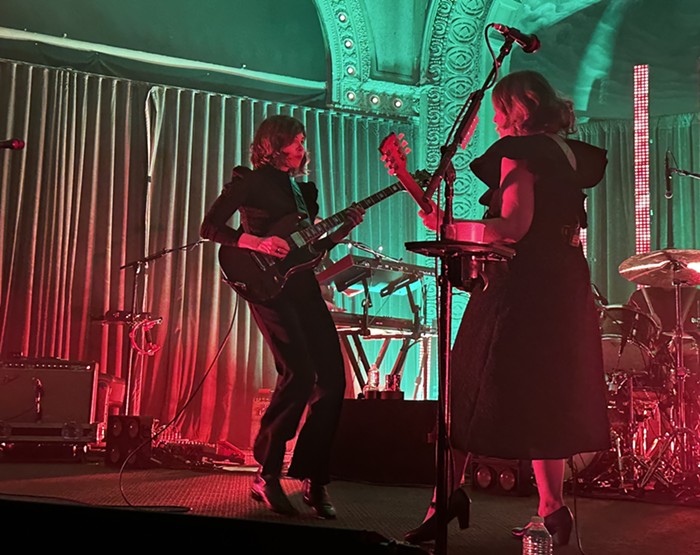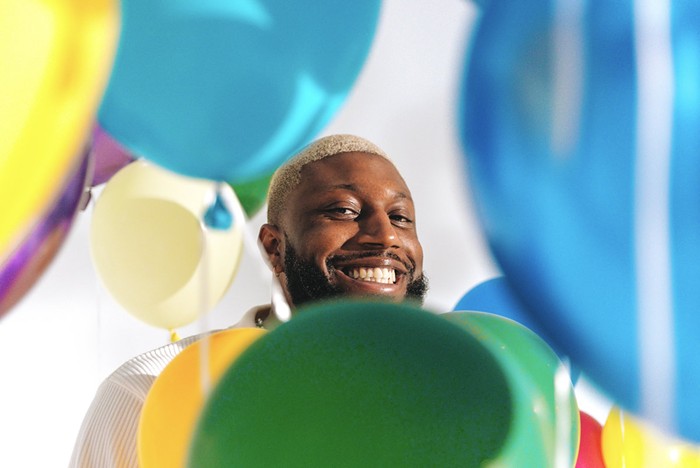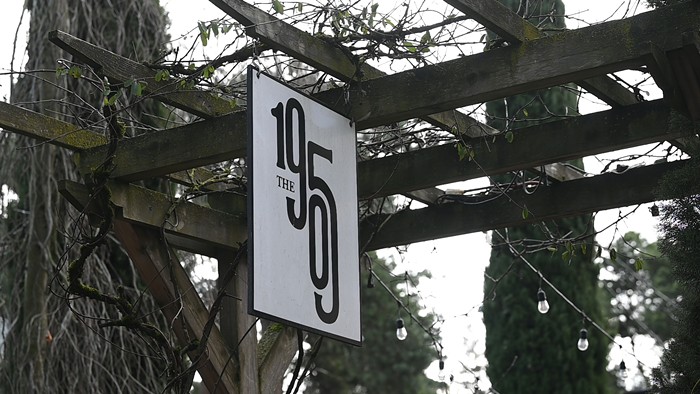IT'S BEEN EIGHT MONTHS since the surprise release of Black Messiah, and it still feels unbelievable. When D'Angelo dropped his third album in December, he did so with no warning whatsoever, leaving fans stunned and critics scrambling. Nearly 15 years had passed since his second LP, Voodoo—years filled with false promises, rumors, and gossip, when D'Angelo had effectively placed himself in indefinite exile. Longtime fans wondered if we would ever hear this alleged new album, or if we had lost D'Angelo for good.
D'Angelo's debut, Brown Sugar, came out in 1995, and he was hailed as a forebear of neo-soul, along with Erykah Badu, Angie Stone, and Maxwell. D'Angelo blended R&B cool with hip-hop swagger, and was a skilled multi-instrumentalist, playing most of the instruments on the album himself. Aside from sporadic collaborations, D'Angelo didn't release any new music after his promising start, waiting five years for his follow-up, which at the time seemed like a lifetime (how little we knew then!). But it was well worth the wait. Voodoo was years beyond Brown Sugar—in artistry and maturity—as D'Angelo incorporated more live instrumentation, in-studio improvisation, and raw analog soul. By paying homage to black music of years past, Voodoo introduced a new kind of black music. The album debuted at number one, earned two Grammy Awards, and was considered by many critics to be a masterpiece.
But fame and D'Angelo's new status as sex symbol—due in large part to the damn-near pornographic video for "Untitled (How Does It Feel)"—took a heavy toll. His desire to be viewed as a serious artist was hijacked by fans who only screamed for him to take his shirt off. The shy, preternaturally talented minister's son from Richmond, Virginia, was in over his head, and he broke. After the Voodoo tour, D'Angelo returned home to Richmond, sequestered himself, developed a substance abuse problem, had numerous run-ins with the law, and gained so much weight he became unrecognizable. It seemed as if D'Angelo was purposefully murdering the sex symbol he had become.
Even during this dark period, word got out that he was writing and recording new music. Rumored release dates came and went. A few songs leaked, and then disappeared. A handful of concerts, mostly overseas, were shared online. Expectations were high that we were finally going to get the new album, only to be met, time and again, with a disappointing silence.
And then, in December, Black Messiah arrived out of nowhere. Having initially planned to release the album in 2015, the events in Ferguson and Staten Island inspired D'Angelo to put it out immediately, with no further delay. Black Messiah is not a "political album," at least not in the straightforward sense. The "Black Messiah" of the title is not D'Angelo himself, but a reference to the recent reawakening of black consciousness and activism. Shifting from hard funk to R&B, from jazz and blues to guitar-driven rock, Black Messiah is less a follow-up to Voodoo than a complete rewriting of all the rules of contemporary music. With Black Messiah, D'Angelo established himself as a modern Sly Stone, Curtis Mayfield, and Sign o' the Times-era Prince, by fusing the sensual with the spiritual and political.
When D'Angelo and his backing band, the Vanguard, bring their "Second Coming" tour to Portland, it's fair to say it will be a rare and exceptional event. For no one knows the day or the hour in which the Messiah will return.



















